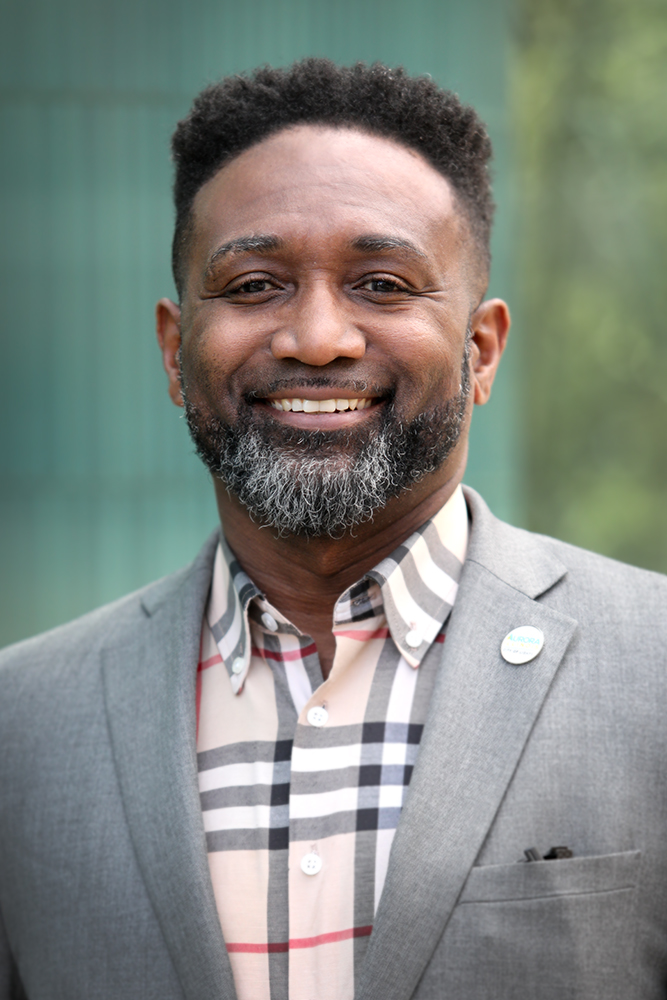Smart City Policy and Planning Concentration
Applied Professional Studies (MA)
The Smart City Policy and Planning concentration allows you to expand the content knowledge of our Smart City Policy and Civic Partnerships certificate with the skills developed in the core of our Master of Arts in Applied Professional Studies degree so that you can take that knowledge beyond the classroom.
100% Online
The very first purpose of the city is to improve the lives of the people that are part of it. It is a community of people living together with the shared goal of flourishing; a city is not the buildings or the land on which they sit; a city is the idea of being together as a community. It is with this in mind that the Smart City Policy and Planning concentration was designed. Technology is essential to the development of a smart city but it is not the beating heart of a city, the people are. Instead of focusing on designing the technology to create a Smart City, our program focuses on planning and structuring the implementation of those technologies so that they benefit the citizens of the community.
The Smart City Policy and Planning concentration explores business models, technologies and best practices for turning a smart city plan into reality. A smart city uses information and communication technologies to increase operational efficiency, share information with the public and improve both the quality of government services and citizen welfare. The challenge for the public sector is to ensure that the needs of the surge in innovation can be met and supported as well as ensuring that local residents are able to participate in, and benefit from, the new economy. The program explores areas of regional and community needs including transportation planning, infrastructure, education, security, politics, health/welfare, economy, and the environment. We are at a pivotal point for communities, one that presents a qualitative change in how urban environments are created and sustained.
The Smart City Policy and Planning concentration allows you to expand the content knowledge of our Smart City Policy and Civic Partnerships certificate with the skills developed in the core of our Master of Arts in Applied Professional Studies degree so that you can take that knowledge beyond the classroom.
Program ineligible for international F-1 or J-1 visa holders. (J-1’s are for short-term exchange students and F-1’s are for degree seeking students.) International students are welcome to enroll in this program from home.
LEARNING OUTCOMES
Program Learning Outcomes
Acquire the breadth and application of interdisciplinary knowledge supporting smart cities across new technologies, social sciences and management disciplines.
Develop an attitude of innovation, creativity, and curiosity demonstrated through active questioning, discussion, and the acceptance of new ideas.
Understand the benefits and challenges of partnerships for smart city initiatives
Understand the conceptual framework for the formation and management of P3
Develop a holistic and system-level perspective on smart sustainable cities that takes an integrative approach towards complex problems leveraging Big Data analytics and strategies related to planning, and public policy.
Access, use, and manage information towards identifying and solving public challenges.
Practice collaborative skills and decentralized (parallel) decision making.
CURRICULUM
Curriculum Requirements for the Concentration in Smart City Policy and Planning (minimum 15 credits)
Required Courses 6 credits
MAPS 640 | Smart Cities and Communities | 3 cr
MAPS 741 | Smart Policy-Making | 3 cr
Elective Courses 9 credits
(Select three courses)
MAPS 606 | Advanced Program Evaluation | 3 cr
MAPS 634 | Ethics in Data Technology | 3 cr
MAPS 721 | Public Policy | 3 cr
MAPS 742 | Public Private Partnerships | 3 cr
MAPS 743 | Civic Technology | 3 cr
MAPS 744 | Human Machine Interface | 3 cr
COURSE DESCRIPTIONS
REQUIRED COURSES
Smart Cities and Communities | MAPS 640
Explore how advances in information communication technologies affect the built environment at various scales to understand the role of multiple actors working at the intersection of technology and urbanism, and to determine the impact on community growth and resilience.
Smart Policy-Making | MAPS 741
Delves into identifying and building new smart skills that are most effective in policymaking, and policy implementation to create urban environments more livable, equitable, and efficient.
ELECTIVE COURSES
Advanced Program Evaluation | MAPS 606
Examines the role of research in program planning and implementation. Includes application in a community-based learning project. Not open to those with credit in SOCA 406.
Ethics and Data Technology | MAPS 634
Distinguishes the emerging moral conflicts with data collection and presentation, identifies the relevant ethical features, and develops strategies and policies for avoiding these conflicts.
Public Policy | MAPS 721
Examines how political coalitions shape policy outcomes, the influence of institutions on policy design, and the evaluation of public policy.
Public Private Partnerships | MAPS 742
Examines how governments are partnering with for-profit and non-profit organizations, shaping public policy, redefining traditional methods of public administration, and solving some of the world's most intractable problems at the same time.
Civic Technology | MAPS 743
Explores technology that enables greater participation in government or otherwise assists government in delivering citizen services and strengthening ties with the public.
Human Machine Interface | MAPS 744
in depth study of how humans and machines effectively enter in decision making processes by aligning values, ethics, and shared cognition and how the design of interfaces impact social and cultural factors.
NEW COURSE!
MAPS 640: Smart Cities and Communities
Adjunct Instructor: Michael Pegues
ONLINE | Spring 2023
Course Description
In a rapidly urbanizing world, the city paves the way toward sustainability and social well-being. But what does it mean for a city to be smart? Does that also make it sustainable or resilient or livable?

MASTER OF ARTS IN APPLIED PROFESSIONAL STUDIES (MAPS)
Develop advanced in-demand skills to meet immediate workplace needs. An Applied Professional Studies degree focuses on industry specific skills that employers are looking for today while combining real-world application. We designed the MAPS program for the working professionals - offering a flexible format, online courses, and affordable opportunity to achieve your professional and personal goals that align with potential for career advancement and upskilling needs.
REQUEST INFO
CONTACT INFO
Denise Olstinske | 262-595-2162 | denise.olstinske@uwp.edu




